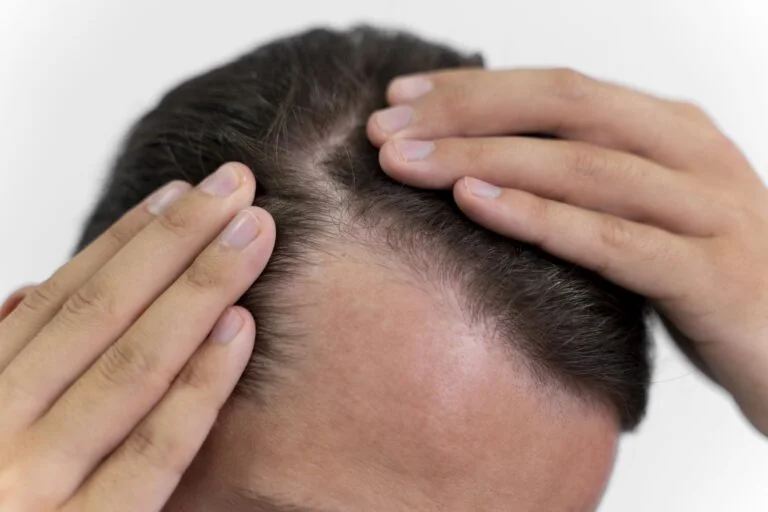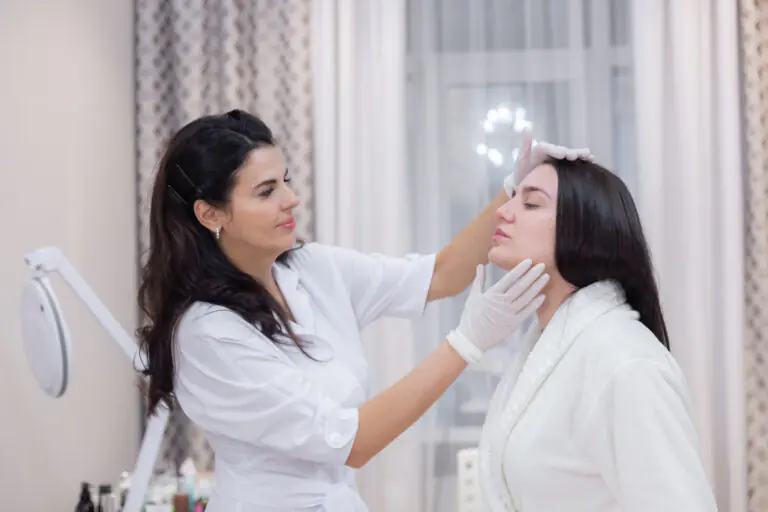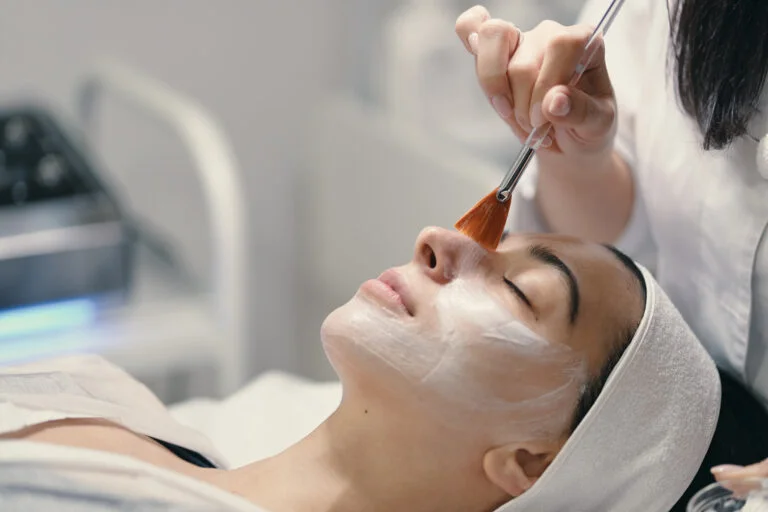Itching, known medically as pruritus, is a common sensation that nearly everyone experiences
at some point. While it may seem like a minor annoyance, itching can range from mildly
uncomfortable to intensely irritating, and in some cases, it can indicate an underlying health
issue. Understanding the causes of itching and how to manage it effectively can help you find
relief and improve your quality of life.
What causes Itching?
Many factors can contribute to itching, such as:
1. Dry Skin (Xerosis)
One of the most common causes of itching is dry skin, especially in cold or dry climates. When
the skin loses moisture, it can become rough, flaky, and prone to itching.
2. Allergic Reactions
Allergens like pollen, pet dander, certain foods, and chemicals in cosmetics or detergents can
trigger an allergic reaction, leading to itching. Conditions like eczema and hives are often linked
to allergies.
3. Insect Bites and Stings
Bites from mosquitoes, fleas, and other insects can cause localized itching. The body’s immune
response to the insect’s saliva or venom leads to inflammation and itching.
4. Skin Conditions
Chronic skin conditions such as eczema, psoriasis, and dermatitis are common causes of
persistent itching. These conditions often cause inflammation and irritation, making the skin itch.
5. Infections
Fungal infections like athlete’s foot or ringworm, as well as bacterial or viral infections such as
chickenpox, can cause itching. These infections are usually accompanied by additional symptoms such as redness, swelling, or blisters.
6. Internal Diseases
Sometimes, itching can be a symptom of an underlying medical condition, such as liver disease,
kidney failure, thyroid problems, or diabetes. In such cases, the itching may be widespread and
difficult to treat with topical solutions alone.
7. Medications
Some medications, such as antibiotics, antifungals, and opioids, may cause itching as a side effect. If you suspect that your medication for itchy skin is the cause, consult your doctor for alternatives.
8. Stress and Anxiety
Emotional stress and anxiety can exacerbate itching, particularly in those with existing skin
conditions. Stress-induced itching can lead to a cycle of scratching and further irritation.
How to Manage and Treat Itching
Relief from itching can often be achieved with a combination of home remedies, over-the-
counter treatments, and, in some cases, prescription medications.
Here are some tips to help manage and soothe itching:
Moisturize Regularly
Keeping your skin hydrated is crucial, especially if dry skin is the cause of your itching. Use a
fragrance-free, hypoallergenic moisturizer after bathing and throughout the day to lock in
moisture.
Avoid Scratching
While it may be tempting, scratching can worsen itching and lead to skin damage or infection.
Instead, try applying a cold compress or using an anti-itch cream to soothe the area.
Use Over-the-Counter Remedies
Products containing hydrocortisone, calamine lotion, or antihistamines can provide temporary
relief from itching caused by allergies, insect bites, or minor irritations.
Take Oatmeal Baths
Colloidal oatmeal baths are a soothing way to relieve itching, especially for conditions like
eczema. The oatmeal helps to calm inflamed skin and reduce irritation.
Identify and Avoid Triggers
If your itching is related to an allergy or skin condition, identifying and avoiding the triggers is
key. This might involve changing your laundry detergent, avoiding certain foods, or managing
stress levels.
Keep Skin Cool
Heat can exacerbate itching, so try to keep your environment cool and wear loose, breathable
clothing. Cool showers and fans can also help reduce the sensation of itching.
Consult a Doctor
If your itching persists for more than a few weeks, is severe, or is accompanied by other
symptoms like weight loss, fever, or fatigue, it’s important to see a doctor. They can help identify
any underlying conditions and recommend appropriate itching skin treatments.
When to Seek Medical Attention
While most cases of itching are not serious, there are situations where you should seek medical
attention. If your itching is severe, interferes with your daily life, or is accompanied by symptoms
such as jaundice, shortness of breath, or unexplained weight loss, it could be a sign of a more
serious condition.
Additionally, if the itching is widespread or does not respond to over-the-
counter treatments, a healthcare professional can help diagnose the cause and suggest more
effective therapies.
Final Thoughts
Itching can be more than just a minor annoyance—it can disrupt your comfort, sleep, and overall well-being. Understanding the underlying causes and learning how to manage them effectively are key to finding relief and improving your skin health. Whether it’s through simple home remedies or medical intervention, there are plenty of options available to help you combat itching. If you’re seeking professional advice, contact a dermatology clinic in Chapel Hill today for personalized treatment options and get back to feeling your best.








